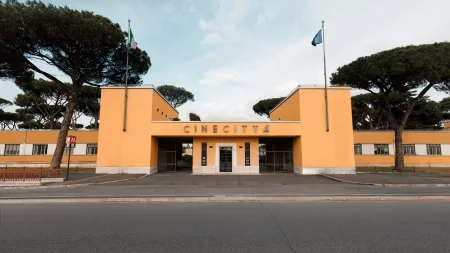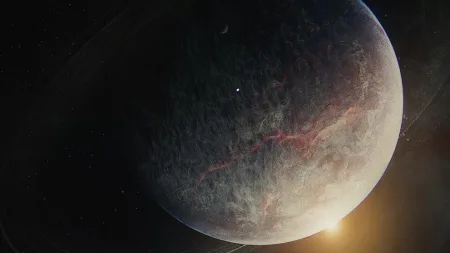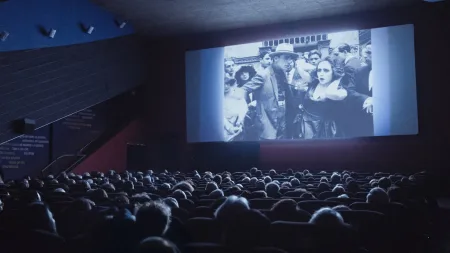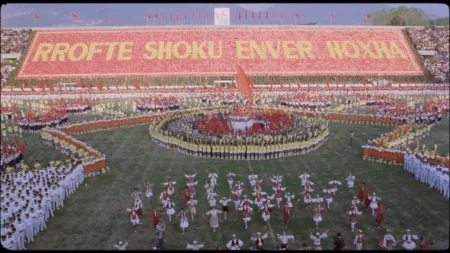4 December 2023
MoMA: ‘Nuovo Cinema Paradiso’ Opens the Retrospective Dedicated to Morricone
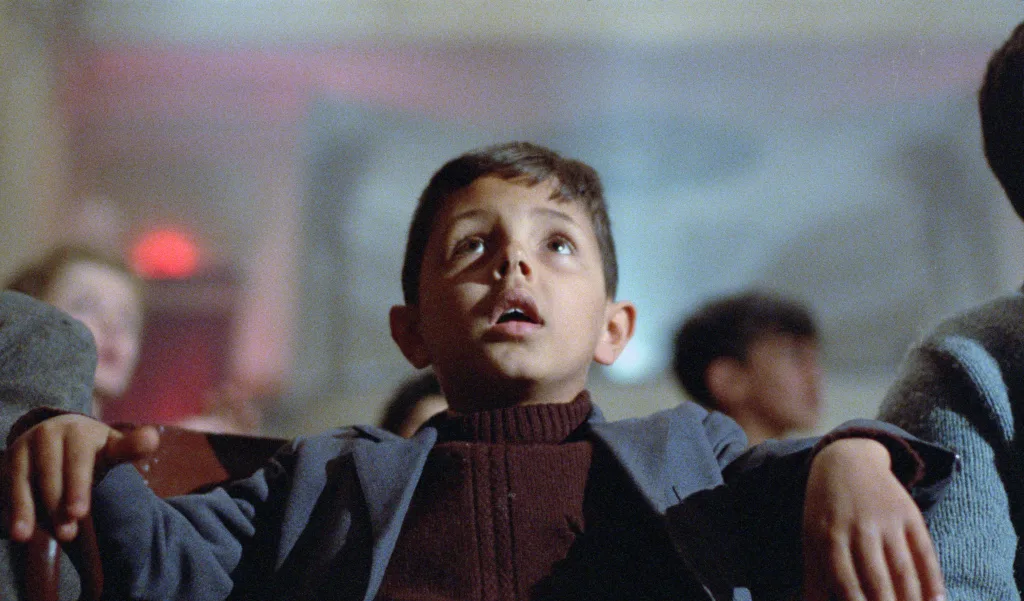
A packed screening of “Nuovo Cinema Paradiso” at the Roy and Niuta Titus Theater of the New York MoMA greeted the opening of a retrospective created in collaboration with Cinecitt and dedicated to Ennio Morricone, one of the greatest film composers of all times, in the presence of his sons Giovanni and Marco Morricone, and Nicola Maccanico, CEO of Cinecitttogether with many other special guests, including David Lang, Jo Champa, and Hans Zimmer, the great Oscar-winning composer who gave the audience an emotional memory of his Master, “- and I was already grown up – was Once Upon a Time in the West by Sergio Leone, and Sergio Leone must forgive me, but upon leaving the theater, I said to myself, “It was wonderful… who knows who shot those images that supported such great music!” The great German composer who wrote the soundtracks of masterpieces such as “Rain Man”, “Thelma & Louise”, “Il Re Leone”, “La Sottile Linea Rossa”, “Il gladiatore”, went on, “’s house surrounded by scores, and Morricone began singing for me, all afternoon. That was a turning point for what I would later become. Observing this great Master over the years, I understood his work ethic, his rigor, his accuracy, and passion, and I knew that one day I wanted to walk in his path. The reason why I became who I am and understood what I wanted to be is thanks to maestro Morricone and to that film, Once Upon a Time in the West, and also for that afternoon spent together in Beethoven’s house surrounded by original scores, when he sang his music for me. I owe everything to that encounter. In the future, in my future life, and whenever possible, we would meet and compare notes, and I learned a great deal from him. Even today, I continue to learn and draw inspiration from his work.”
Nicola Maccanico, CEO of Cinecittat MoMA, an esteemed partner of Cinecitt, “I speak as CEO of Cinecittd in collaboration with MoMA, a project that represents one of our most important. We presented a real jewel, “Ennio” by Giuseppe Tornatore, because it represents Morricone, a unique composer in film history, and unique not only for the magnificence and variety of his music but also for the special relationship he created with the directors he worked with. He wasn with directors, perhaps like no one else. And in the end, that was the secret that allowed him to translate the director’s intention and vision into music full of taste and sensitivity.”
Programmed until January 8, the retrospective includes over 39 films spanning Morricone’s nearly 60-year career. With more than 17 new digital restorations and 35mm archive films, audiences from all over the world who flock to the prestigious Museum of Modern Art daily will enjoy a rich selection of films featuring Morricone’s most famous soundtracks – including The Man with No Name trilogy (A Fistful of Dollars, For a Few Dollars More, The Good, the Bad and the Ugly) and Once Upon a Time in the West by Sergio Leone, The Thing by John Carpenter, The Mission by Roland Joff, The Legend of 1900 by Bernardo Bertolucci, the OscarThe Hateful Eight by Quentin Tarantino – alongside lesser-known titles (such as Navajo Joe and The Great Silence by Sergio Corbucci, Il grande colpo by Sergio Sollima, Danger: Diabolik by Mario Bava, The Red Tent by Mikhail Kalatozov). As described by the Curator of the MoMA Film Department, Joshua Siegel, “This retrospective on Ennio Morricone is the largest MoMA has ever dedicated to a film composer. In just five notes – the echoing whistle of The Good, the Bad and the Ugly – Morricone secured his place alongside Beethoven by composing one of the greatest opening themes in the history of Western music. But, as this retrospective of nearly 40 films reveals, Morricone was capable of much more, and his versatility is the result of a successful debut in avant-garde musical experimentation.”
Organized by Joshua Siegel, Curator, and Francisco Valente, Curatorial Assistant of the Department of Film of The Museum of Modern Art; and Camilla Cormanni and Paola Ruggiero, CinecittSpecial thanks to Cineteca Nazionale (Maria Bonsanti), the Morricone family, and Marco Cicala.
